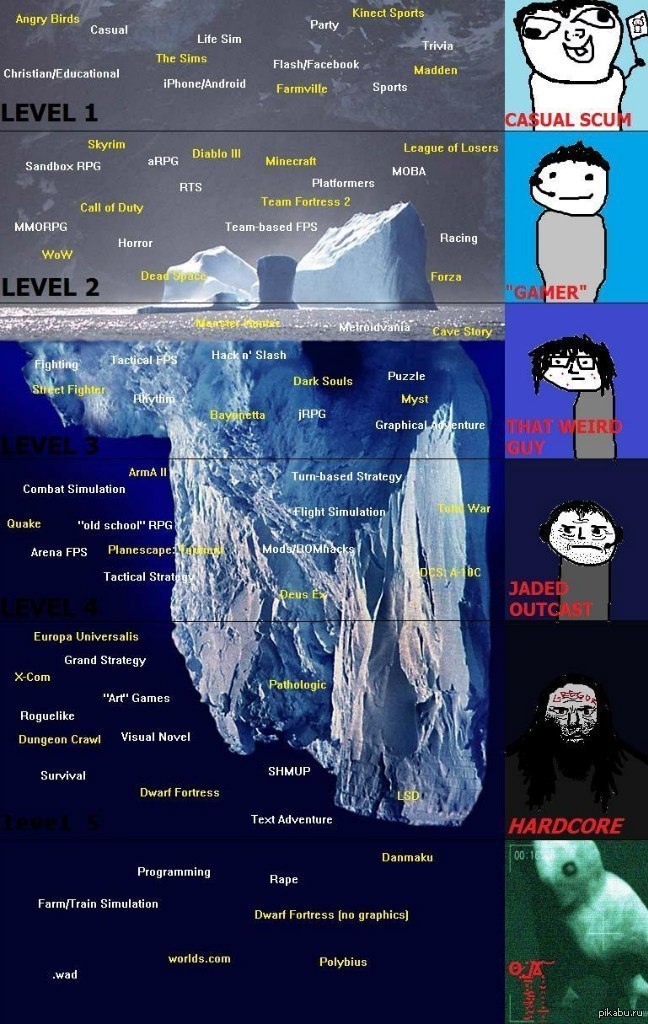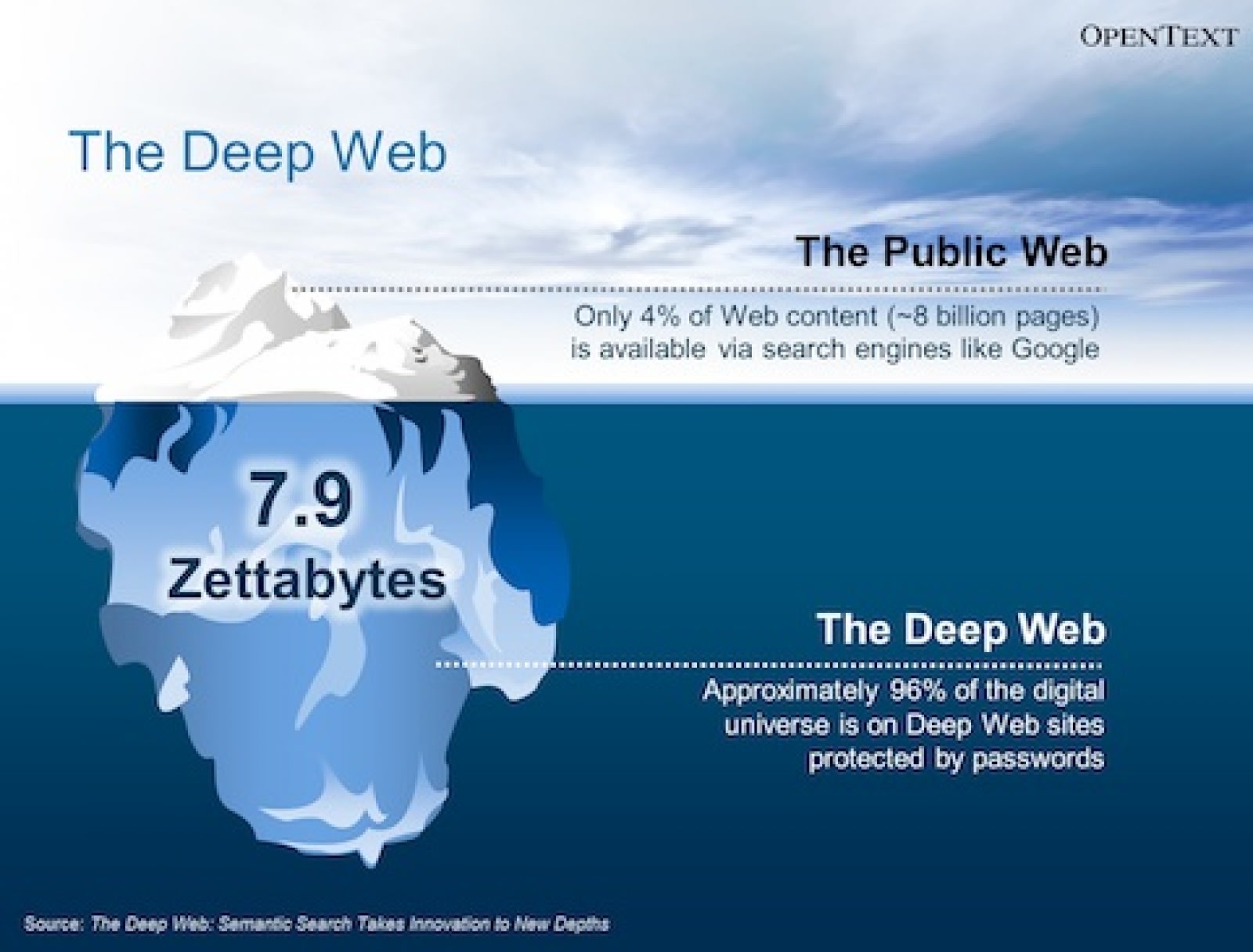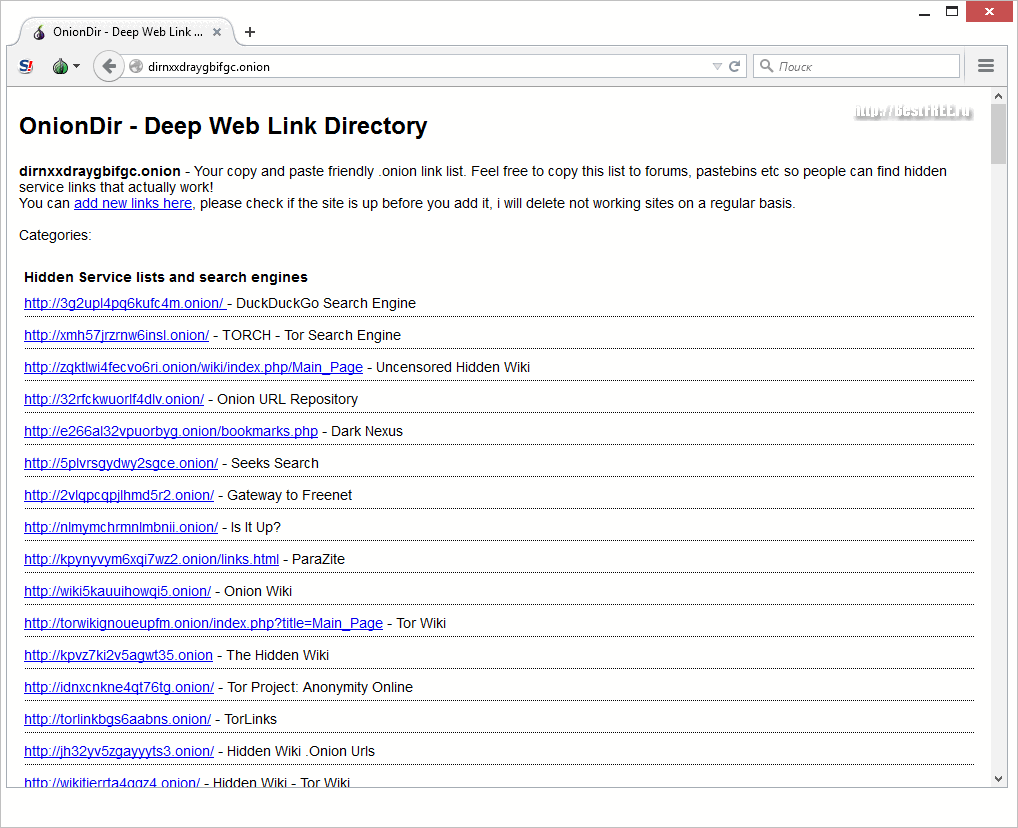May 06, 2023
Discover the Hidden Depths of the Web: Exploring the Dark Side

Deep web search involves exploring the hidden parts of the internet that are not accessible through traditional search engines like Google or Bing. This type of search
is made possible through specialized software and tools that allow users to access content that is not indexed by common search engines. The Deep Web is home to a vast array of information, from private forums to government databases. It is important to note that not all content on the Deep Web is illegal or dangerous. However, it is also a haven for criminal activities, such as the sale of illegal drugs and weapons. To navigate the Deep Web safely and effectively, it is essential to understand the risks involved and to use caution when accessing unknown websites or content.
Deep web search refers to the process of accessing hidden content on the internet that cannot be found through regular search engines. This type of content is intentionally concealed and can only be accessed through specialized software like Tor, I2P, or other darknet software. With deep web search, users can uncover information that is not available through conventional search methods, making it an invaluable tool for researchers, investigators, and anyone looking to explore the hidden corners of the internet.
Deep web search refers to the process of accessing hidden websites and information on the internet that cannot be found through traditional search engines. Unlike the surface web, which can be accessed through popular search engines like Google, Bing, and Yahoo, the deep web is intentionally hidden and requires specialized tools and knowledge to access.
One of the most popular ways to access the deep web is through the use of Tor, a free and open-source software that allows users to browse the internet anonymously. Tor works by encrypting internet traffic and routing it through a series of servers, making it difficult to trace the user's location or online activity.
While there are many legitimate reasons to access the deep web, such as protecting one's privacy or accessing information that is censored or restricted in certain countries, it is also home to illegal activities such as drug trafficking, weapon sales, and child pornography. As such, it is important to exercise caution and use discretion when exploring the deep web.
Overall, deep web search can be a powerful tool for those seeking to access information that is not available through traditional search engines. However, it should be approached with caution and used responsibly to ensure that one's online activity remains safe and legal.
Enter the world of Deep Web search, where organizations can gain access to valuable information about potential employees. By utilizing this powerful tool, companies can uncover a wealth of information that may not be available through traditional search methods. From criminal records to social media activity, Deep Web search allows organizations to make informed hiring decisions and reduce the risk of hiring the wrong candidate. Don't miss out on the benefits of Deep Web search – start using it today to gain a competitive advantage in the hiring process.
The internet has a darker side known as the deep web, invisible web, or hidden web. These are sections of the World Wide Web that are not searchable by typical web search engines. A publication titled "Google's Deep-Web Crawl" (PDF) from The Journal of Electronic Publishing explains more about this hidden part of the internet.
Explore the deep web search with caution and always be mindful of the links you click on. Discover more about the Onion Link and even stumble upon Anna's sad story and an offer for a gift. Ahmia developers understand the significance of the Tor network as a crucial distributed platform for safeguarding anonymity and privacy across the globe.
With an impressive 575 million items indexed for searching, Scirus proves to be a comprehensive research tool that covers a wide range of materials, such as webpages, pre-print articles, patents, and repositories.
Discovering the Illicit Trade of Stolen Credit Card Numbers on the Dark Web
Discovering the Depths of the Internet Beyond Google's Reach. The term "Deep Web" was coined by Bergman in 2001 to describe search-indexing. Nevertheless, it should be noted that Not Evil does not serve as a hub for unlawful content or activities.
The concept of deep web search is explored in a journal article by Madhavan, Ko, Kot, Ganapathy, Rasmussen, and Halevy titled "The Invisible Web: Uncovering Information Sources Search Engines Can't See." The article delves into the idea that there is a vast amount of information on the internet that traditional search engines are unable to access. This information, known as the deep web, includes databases, private networks, and other sources that are not indexed by search engines. The authors discuss the challenges of accessing this information and the potential benefits that could be gained from doing so. Overall, the article sheds light on the importance of deep web search in today's digital age.
Discover the Hidden Depths of the Dark Web Marketplace
With CiteSeerX, users can easily access over 8 million article records. The goal is to become a top provider of business learning and knowledge for all data users and consumers, especially those interested in delving into the deep web.
Deep web search is a topic of utmost importance in the world of digital information. One such initiative is DeepPeep, which is a project sponsored by the National Science Foundation and developed by the University of Utah. It aims to gather sources from the hidden web, specifically web forms, from various domains. This project uses innovative and focused crawler techniques to achieve its goals.
In December of 1996, Elsevier announced that they would be retiring their widely used science search engine. Meanwhile, deep within the depths of the internet, a shocking discovery was made: an assassin was attempting to sell a hit on the dark web.
Are you facing a paywall that prevents you from accessing a reputable journal that is crucial for your research? Consider using the Deep Web Search Engine doaj. And don't forget to practice proper opsec.
Deep web search refers to the process of searching for information on databases, websites, and other digital resources that are not indexed by traditional search engines like Google or Bing. This includes content that is behind paywalls, password-protected sites, and other restricted access areas of the internet.
The deep web is estimated to be many times larger than the surface web, which is the portion of the internet that can be accessed through search engines. However, accessing the deep web can be risky due to the potential for encountering illegal and dangerous content such as drugs, weapons, and pornography.
To access the deep web, users typically need to use special software such as Tor or I2P, which provide anonymity and encryption to protect against surveillance and censorship. Once inside the deep web, users can find a wealth of information on a wide range of topics, from academic research to underground marketplaces.
Overall, deep web search offers a way to access information that may not be available through traditional search engines, but it also requires caution and awareness of potential risks.
Discovering the Hidden World of Teenagers on the Dark Web
In June 2008, Denis Shestakov presented a podcast titled "The Internet: the good, the bad and the ugly In-depth exploration of the Internet and the Dark Web by Cambridge University's Naked Scientists". This podcast delved into the depths of the internet, including the often mysterious and ominous Dark Web. The Naked Scientists from Cambridge University provided insightful commentary and analysis on the various aspects of the internet, shedding light on both the positive and negative aspects of this vast and complex network of information.
Deep Web Search with DuckDuckGo
DuckDuckGo is a popular search engine that prioritizes user privacy. It has gained a significant following due to its privacy-first policy. With DuckDuckGo, you how to acces dark web can access deep web search engines that allow you to explore a world of information that is not available through traditional search engines like Google or Bing. These deep web search engines provide a wealth of information that is not easily accessible through conventional means. So, if you are looking for information that is not readily available, try out the deep web search engines available through DuckDuckGo.
Deep web search refers to the process of exploring the parts of the internet that are not indexed by search engines. These parts, also known as the "invisible web", include pages that are only accessible through links produced by JavaScript, as well as content that is dynamically downloaded from web servers using technologies such as Flash or Ajax. This content cannot be found through traditional search engines such as Google or Bing, and requires specialized tools and techniques to access. Deep web search is often used by researchers, journalists, and law enforcement agencies to uncover hidden information that is not readily available through mainstream sources.
Looking to explore the mysterious depths of the internet beyond the surface level? Welcome to the world of the Deep Web. This part of the internet is not indexed by search engines like Google and requires special tools and techniques to access. Here are some tips for conducting a successful Deep Web search.
1. Use a reliable VPN: Since the Deep Web is not regulated, it is important to protect your online identity and keep your activity private. A reliable VPN (Virtual Private Network) will help you stay anonymous and secure while browsing.
2. Use a specialized search engine: Traditional search engines like Google won't be able to help you find what you're looking for in the Deep Web. Instead, use a specialized search engine like TorSearch or DuckDuckGo.
3. Know where to look: The Deep Web is vast and can be overwhelming. Focus your search on specific websites and forums that are relevant to your interests.
4. Be cautious: The Deep Web is notorious for being a hub for illegal activities. Be cautious of what you click on and never give out personal information.
By following these tips, you'll be able to navigate the Deep Web with ease and find what you're looking for.
Alternatively, there is the option of using Tor2Web, a platform designed to assist individuals who are not yet connected to the Tor network. This service can be accessed by anyone seeking a gateway to the deep web. A source cites the Doi number of.3998/3336451.0007.104, while Patrick Howell O'Neill discusses this topic in an article from October 2013.
Explore further
Distributed by Stevie Night, LLC.
















